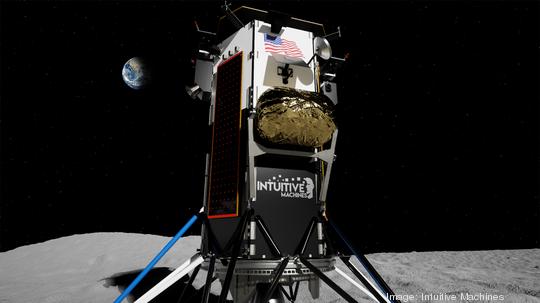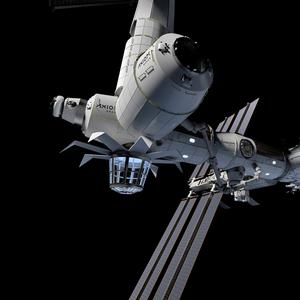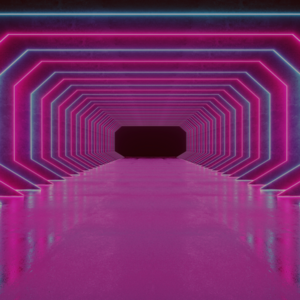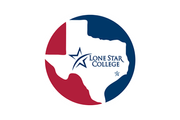
NASA awarded Houston-based Intuitive Machines Inc. (Nasdaq: LUNR) another $116.9 million on Aug. 29 to carry more payloads to the moon, six months after completing a contract that made history.
The contract was awarded under NASA’s Commercial Lunar Payload Services program and tasks Intuitive Machines with bringing six payloads to the lunar service. Under the contract:
- The Lunar Explorer Instrument for Space Biology Applications will deliver yeast to the lunar surface and study its response to radiation and lunar gravity.
- Package for Resource Observation and In-Situ Prospecting for Exploration, Characterization and Testing (PROSPECT) is a suite of instruments that will drill under the moon’s surface to extract samples and analyze them for water, ice and gas.
- The Laser Retroreflector Array is a collection of eight retroreflectors that will enable lasers to measure the distance between a spacecraft and the reflector on the lander.
- The Surface Exosphere Alterations by Landers (SEAL) will investigate the chemical response of the moon’s surface to the lander’s touchdown and learn what contaminants the spacecraft brings to the moon.
- The Fluxgate Magnetometer will characterize certain magnetic fields to improve the understanding of energy and particle pathways at the lunar surface.
- The Lunar Compact Infrared Imaging System (L-CIRiS) will deploy a radiometer — a device that measures infrared wavelengths of light — to explore the moon’s surface composition, map its surface temperature distribution and demonstrate the instrument’s feasibility for future lunar resource utilization activities.
The total mass of instruments is set to be 79 kilograms, NASA said Aug. 29.
The contract is around the same price as the $118.5 million award that brought Intuitive Machines’ first mission to the moon earlier this year. That lander, Odysseus, tipped over on the moon’s surface due to difficult terrain, but as most payloads were unaffected, the mission was declared a success. It was the first successful moon landing carried out by a private company rather than a government agency.
“Over the last several years, we’ve witnessed NASA’s successful Artemis I mission and the campaign’s progress toward sustainably returning humans to the surface of the moon, highlighting the importance of autonomous missions that advance humanity’s understanding of the moon and the commercial services required to support the industry,” Intuitive Machines CEO Steve Altemus said in a press release. “Intuitive Machines looks forward to working closely with the NASA team to deliver mission success once again.”
Intuitive Machines said space for commercial payloads is expected to be available along with the contracted payloads, and a company spokesperson said all the instruments would be carried on one mission.
The specific Intuitive Machines mission carrying the payloads is currently unclear. The company has previously said its second moon mission, IM-2, is sold out in terms of payloads, which include an ice drill for NASA.
IM-2, which is flying aboard the lander Athena, is set to launch between the end of 2024 and the beginning of 2025.
Intuitive Machines has built all its spacecraft, including Odysseus, in Houston at its Lunar Production and Operations Center. Designed and built by Kansas City-based Burns & McDonnell, the $40 million building is located at the Houston Spaceport, part of the Houston Airport System.
In addition to the company’s Nova-C lander, which includes Odysseus and Athena, Intuitive Machines is also developing a new class of moon lander known as Nova-D, which can carry a 1,500-kilogram payload. One potential payload the company is interested in is a NASA moon rover called VIPER (Volatiles Investigating Polar Exploration Rover), whose mission was scrapped earlier this year.
NASA said the Aug. 29 award was the 10th Commercial Lunar Payload Services contract awarded. Other companies that have been selected to carry NASA payloads through CLPS include Pittsburgh-based Astrobotic Technology Inc. and Austin-based Firefly Aerospace.
Sign up here for the Houston Business Journal’s free morning and afternoon daily newsletters to receive the latest business news impacting greater Houston.





